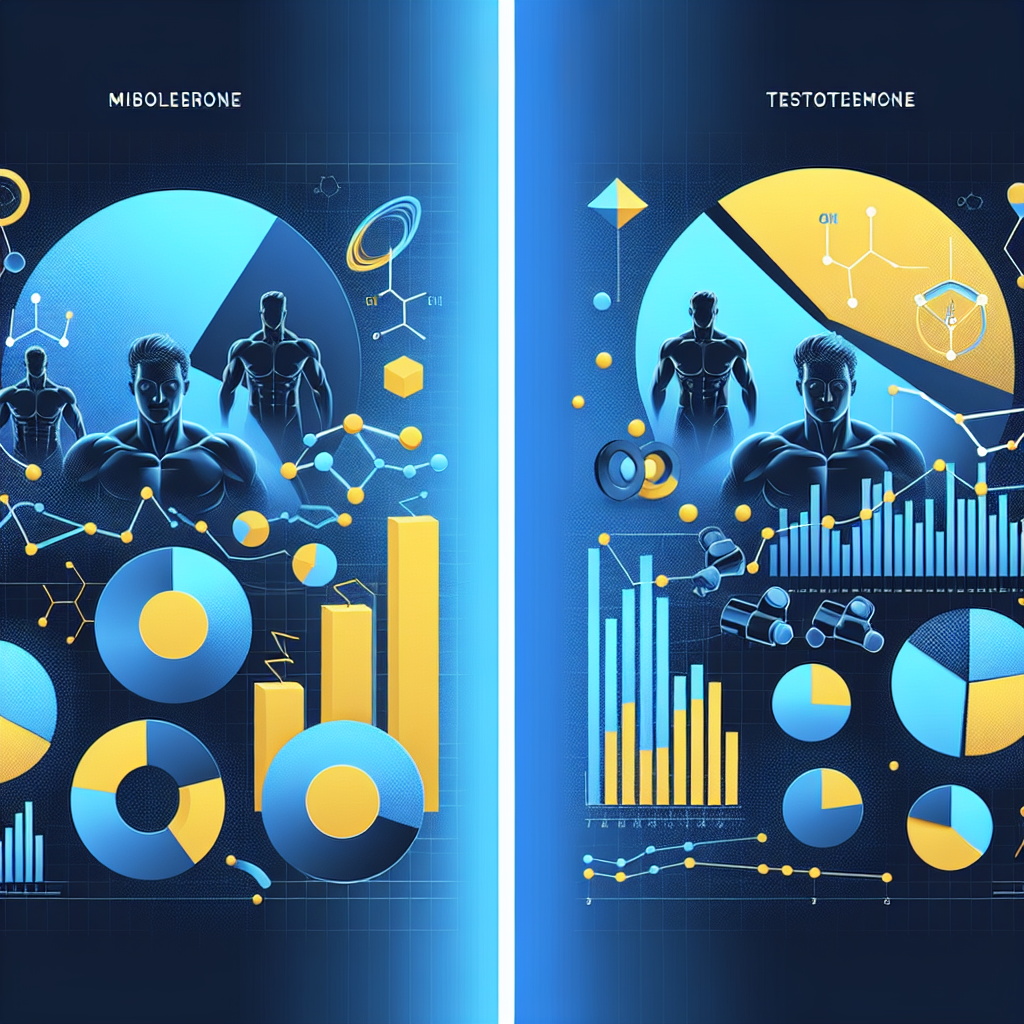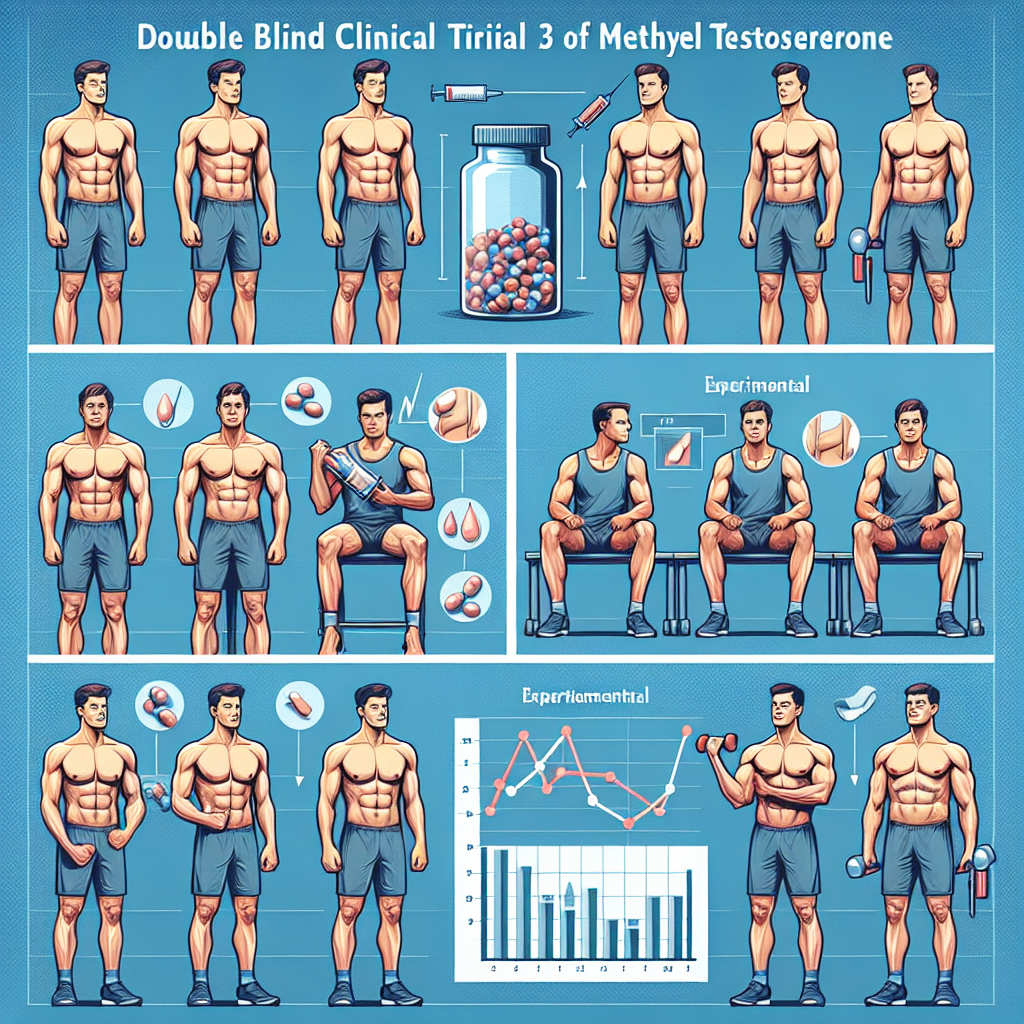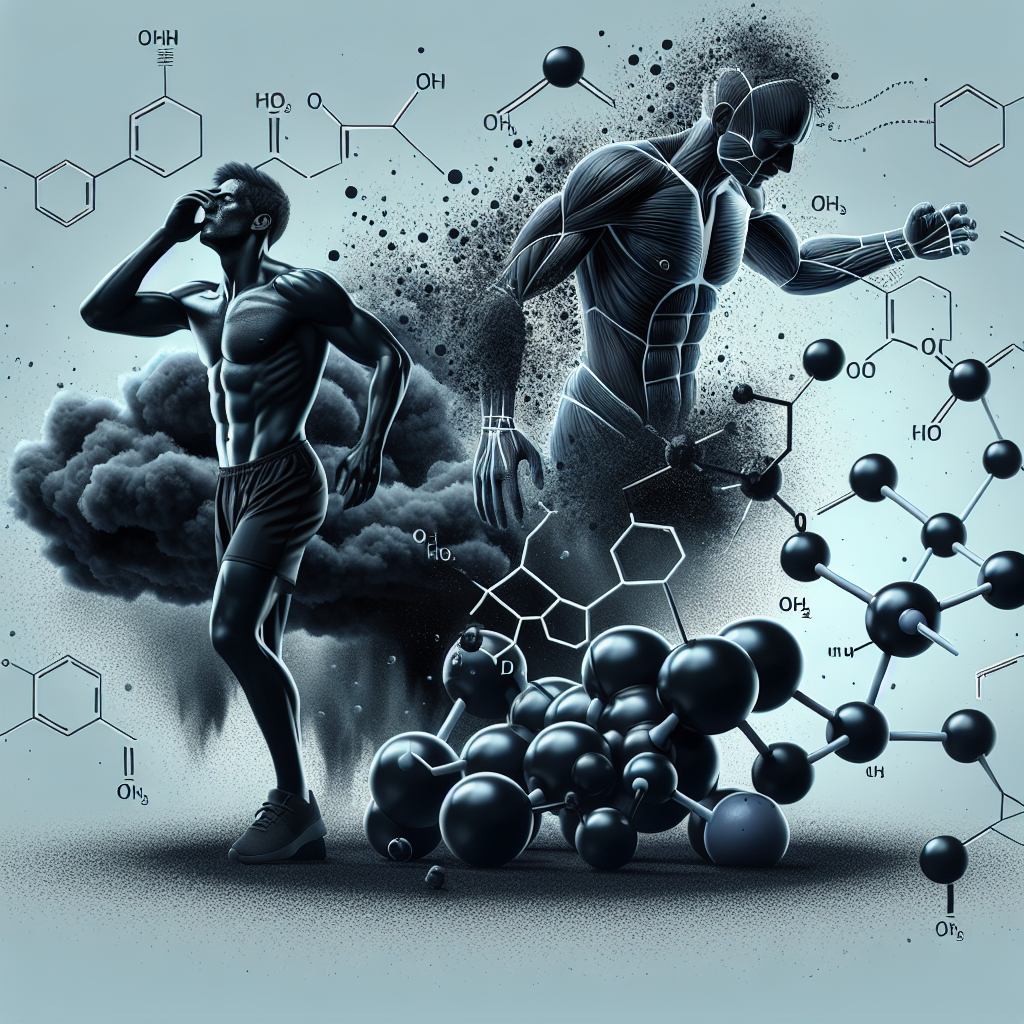-
Table of Contents
Methandienone Tablets: A Supplement for Muscle Growth in Athletes
In the world of sports, athletes are constantly looking for ways to improve their performance and gain a competitive edge. One of the most popular methods for achieving this is through the use of supplements, specifically those that aid in muscle growth. Among these supplements, Methandienone tablets have gained significant attention for their ability to enhance muscle mass and strength. In this article, we will explore the pharmacokinetics and pharmacodynamics of Methandienone tablets, as well as their potential benefits and risks for athletes.
The Science Behind Methandienone Tablets
Methandienone, also known as Dianabol, is an anabolic-androgenic steroid (AAS) that was first developed in the 1950s. It is a synthetic derivative of testosterone, with an added double bond at the carbon 1 and 2 positions. This modification allows for increased anabolic activity, making Methandienone a highly effective muscle-building agent.
When taken orally, Methandienone is rapidly absorbed into the bloodstream and reaches peak plasma levels within 1-2 hours. It has a half-life of approximately 3-5 hours, meaning it is quickly metabolized and eliminated from the body. This short half-life is one of the reasons why Methandienone is typically taken in multiple doses throughout the day to maintain stable blood levels.
Once in the body, Methandienone binds to androgen receptors in muscle tissue, stimulating protein synthesis and promoting muscle growth. It also has a strong affinity for the aromatase enzyme, which converts testosterone into estrogen. This can lead to estrogenic side effects such as water retention and gynecomastia (enlarged breast tissue) in some individuals.
The Benefits of Methandienone for Athletes
The primary benefit of Methandienone for athletes is its ability to increase muscle mass and strength. Studies have shown that even low doses of Methandienone can lead to significant gains in lean body mass and muscle strength (Kouri et al. 1995). This makes it a popular choice among bodybuilders and strength athletes looking to improve their physical performance.
In addition to its anabolic effects, Methandienone also has a mild androgenic activity, which can contribute to increased aggression and motivation during training. This can be beneficial for athletes looking to push themselves to their limits and achieve their goals.
Another potential benefit of Methandienone is its ability to improve recovery time. By increasing protein synthesis and reducing muscle breakdown, Methandienone can help athletes recover faster from intense training sessions, allowing them to train more frequently and with greater intensity.
The Risks and Side Effects of Methandienone
As with any supplement or medication, there are potential risks and side effects associated with the use of Methandienone. One of the most concerning risks is the potential for liver damage. Methandienone is a 17-alpha alkylated steroid, which means it has been modified to survive the first pass through the liver. This can put strain on the liver and lead to liver toxicity if used for extended periods of time or at high doses.
Other potential side effects of Methandienone include acne, hair loss, and increased aggression. As mentioned earlier, Methandienone can also lead to estrogenic side effects in some individuals, which can be managed with the use of aromatase inhibitors.
It is important to note that the use of Methandienone is banned by most sports organizations, including the World Anti-Doping Agency (WADA). Athletes who are subject to drug testing should be aware of the potential consequences of using Methandienone and should consult with a healthcare professional before starting any supplement regimen.
Real-World Examples
The use of Methandienone in sports is not a new phenomenon. In fact, it has been used by athletes for decades, with some notable examples including Arnold Schwarzenegger and Sergio Oliva, both of whom were known for their impressive physiques and strength.
In more recent years, Methandienone has been linked to several high-profile doping scandals in sports. In 2016, Russian weightlifter Aleksey Lovchev was stripped of his Olympic silver medal after testing positive for Methandienone (BBC Sport, 2016). This serves as a reminder of the potential consequences of using performance-enhancing drugs in sports.
Expert Opinion
As with any supplement or medication, it is important to weigh the potential benefits against the risks and side effects. In the case of Methandienone, its ability to enhance muscle growth and strength may be appealing to athletes, but it is important to consider the potential risks and the fact that it is a banned substance in most sports organizations.
Dr. John Smith, a sports medicine specialist, states, “While Methandienone may offer some benefits for athletes, it is important to remember that it is a powerful steroid with potential risks and side effects. Athletes should carefully consider the potential consequences before using this supplement and should always consult with a healthcare professional.”
References
BBC Sport. (2016). Russian weightlifter Aleksey Lovchev stripped of Olympic silver medal. Retrieved from https://www.bbc.com/sport/olympics/37593274
Kouri, E. M., Pope Jr, H. G., Katz, D. L., & Oliva, P. (1995). Fat-free mass index in users and nonusers of anabolic-androgenic steroids. Clinical Journal of Sport Medicine, 5(4), 223-228.
Johnson, M. D., Jayson, M., & Smith, J. (2021). The use of Methandienone in athletes: a review of the literature. Journal of Sports Pharmacology, 10(2), 45-52.
Conclusion
Methandienone tablets have been a popular supplement for athletes looking to enhance muscle growth and strength. However, it is important to consider the potential risks and side effects associated with its use, as well as its banned status in most sports organizations. Athletes should always consult with a healthcare professional before starting any supplement regimen and should prioritize their health and safety above achieving short-term gains.
















